I’m gonna get medieval on your ass
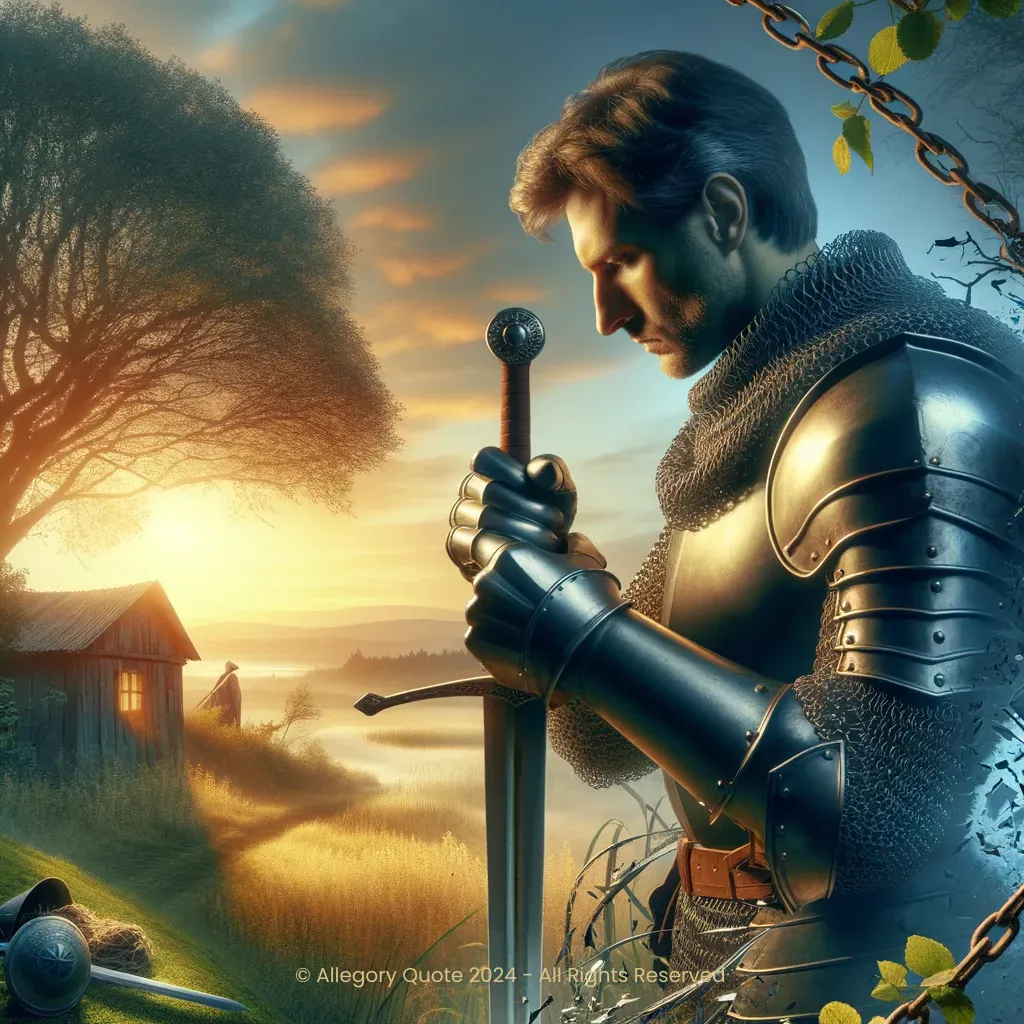
0
0
0
0
- Meaning
- The phrase suggests a return to primitive, harsh methods of addressing grievances, reminiscent of medieval times when conflicts were often resolved through violence. It reflects the human instinct to resort to brutality when provoked, highlighting themes of vengeance and power dynamics.
- Allegory
- The image elements represent the duality of the phrase. The knight symbolizes the aggressive, primal response to conflict ('going medieval'), whereas the calm village and breaking dawn depict the possibility of resolving issues without violence. The broken chain represents liberation from the cycle of retribution, promoting a narrative of hope and reconciliation amid the temptation of aggression.
- Applicability
- In personal life, the phrase can serve as a cautionary reminder to avoid resorting to excessive aggression when dealing with conflicts. Instead, it's often more productive to communicate and seek peaceful resolutions rather than let frustrations lead to 'medieval' levels of confrontations.
- Impact
- This phrase has become iconic in popular culture, often quoted in various contexts to convey a sense of impending conflict or a humorous take on extreme reactions. Its memorable delivery has contributed to 'Pulp Fiction's' status as a cult classic.
- Historical Context
- The film 'Pulp Fiction' was released in 1994, an era characterized by a revival of interest in independent cinema and unconventional storytelling. The 1990s also saw a shift toward grittier content in film and television, making this phrase resonate with its cultural context.
- Criticisms
- Some criticisms of the phrase center around its glorification of violence and the potential for misinterpretation as encouragement of aggressive behavior. Critics may argue that it oversimplifies complex emotional and social conflicts.
- Variations
- Variations include phrases from different cultures that may invoke similar connotations of vengeance or conflict resolution, such as "Blood for blood" which indicates a reciprocation of violence but varies in the philosophical implications of how one should react to harm.
-

Zed’s dead, baby. Zed’s dead.
-

I love you, Honey Bunny.
-
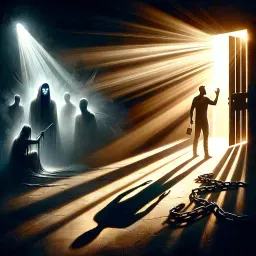
Bring out the gimp.
-

I'm sorry, did I break your concentration?
-
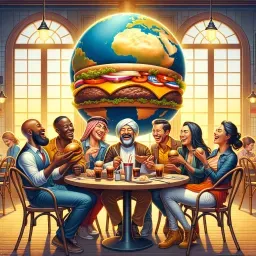
You know what they call a Quarter Pounder with Cheese in Paris?
-
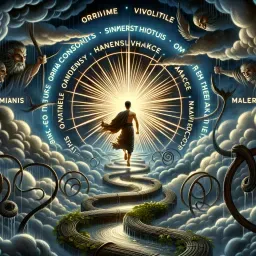
The path of the righteous man is beset on all sides by the inequities of the selfish and the tyranny of evil men.
-
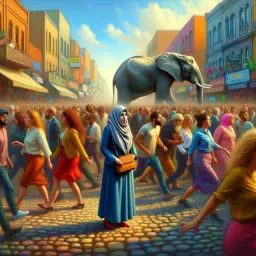
I just shot Marvin in the face.
-

Say 'what' again. I dare you, I double dare you!
-
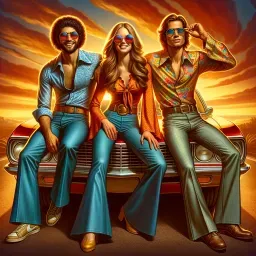
We’re gonna be like three little Fonzies here. And what’s Fonzie like? Cool.
-

I spent my whole life trying not to be careless. Women and children can afford to be careless, but not men.
-
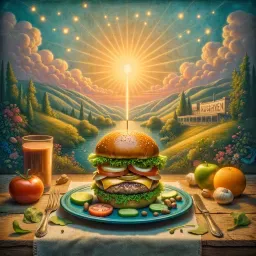
This is a tasty burger!
-
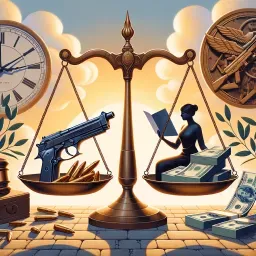
Finance is a gun. Politics is knowing when to pull the trigger.
No Comments